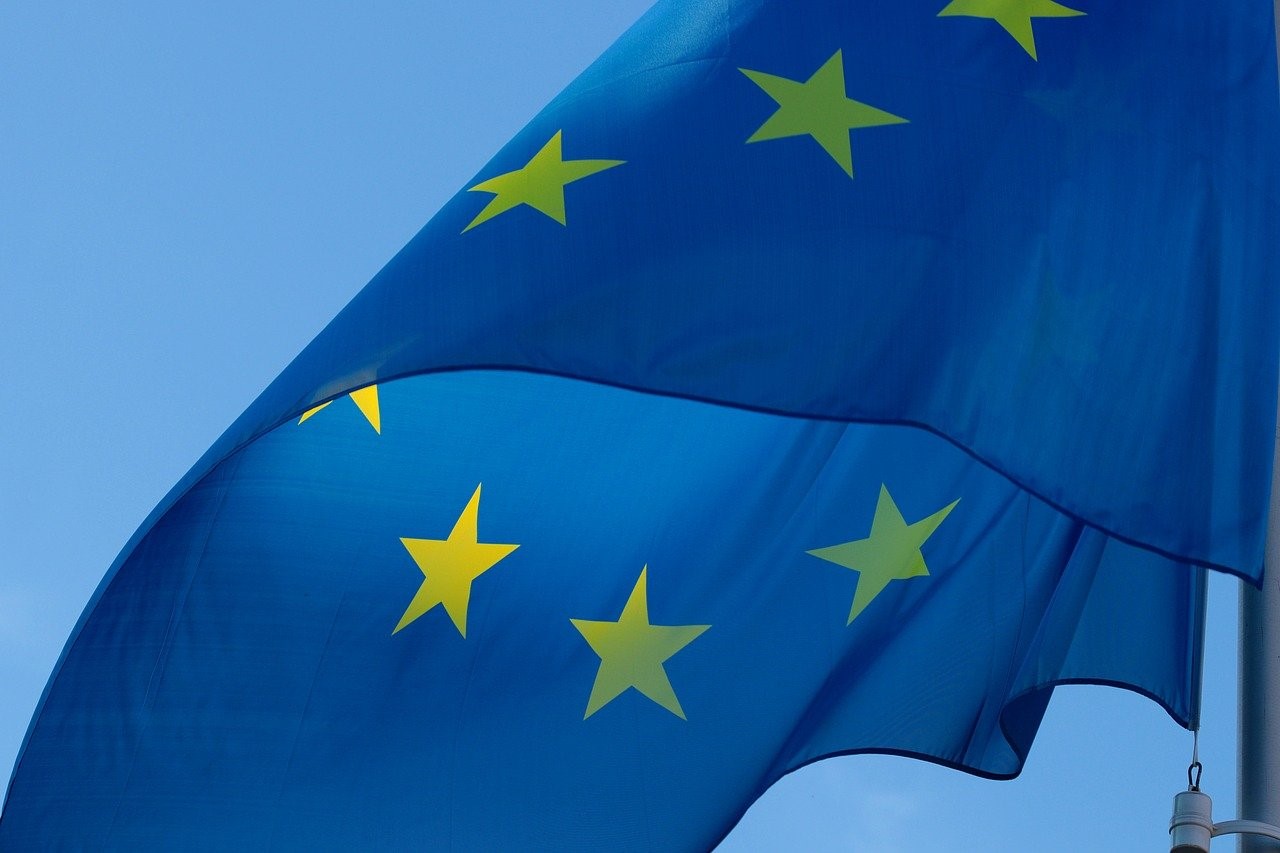Date of publication: 9 September 2016
Oleksandr Fefelov, Attorney at Law, Head of Antitrust and Competition Practice
Source: European Pravda
The European Commission adopted a truly landmark decision – it recognized as unacceptable state aid the tax preferences granted by Ireland to two companies of Apple Group.
The Commission found that the tax preferences granted permitted Apple to avoid paying taxes in the EU for about EUR 13 bln, which put the company in a privileged position relative to other business entities, including competitors.
What are these preferences? The Commission believes that inadmissible state aid was granted in the form of approval for Apple of two state acts of Ireland (actually deals with Apple).
In exchange for construction of Apple enterprises in Ireland the company was permitted for years to pay the effective corporate tax at a meager rate.
The rate ranged from 1% in 2003 to 0.005% in 2014 when the standard rate of corporate tax in Ireland is 12.5%. Thereto, the said Irish companies of Apple were considered as the “key enterprises” of the group, which accumulated profit from selling across the EU, and in accordance with the specific provision of Irish tax law (though already not in force) the profit of the group companies gained in other countries was not taxable there, which deprived such countries of significant tax revenues.
The Commission is of the opinion that selective application of internal rules of an individual member state regarding taxation of a single company does not comply with the European legislation and, thus, can not be considered legitimate in the European Union.
The decision should be understood that regulation of state aid is a key element of the policy on the protection of competition. Therefore, attention to such phenomena is increased.
What seemed violation of competition for the Commission?
Art. 107 of the Treaty on the Functioning of the European Union expressly provides that aid granted in any form by the EU Member State or through state resources, which violates or threatens competition that provides benefits to the individual undertakings or the production of certain goods is incompatible with the internal market insofar as it affects trade between member states.
Therefore, the European Commission in cooperation with the Member States continuously monitors all systems of aid existing in these countries that is essential to prevent unequal business environment of different business entities that, in turn, leads to the risk of distortion of competition.
The EU does not permit selective measures of granting aid to business entities if such measures envisage granting preferences to certain business entities as compared to other entities that are in comparable legal and actual situation.
Apple is no exception. As a result of the investigation it was found that selective application of tax preferences to the companies of Apple Group resulted in obtaining by the latter of significant advantages as compared to other entities taxable in Ireland according to the same internal rules.
However, the position of the European Commission envisages that the EU member states have no right to grant such state aid (through the approval of internal tax rulings or otherwise) that provides more favorable tax conditions to individual companies.
On these grounds, the European Commission requires Apple to reimburse the tax paid in such appropriate amount that the corporation would pay if the standard tax rules applied to it. As a result of the investigation carried out, it was decided that Ireland should recover from Apple group of companies the amount of unpaid tax up to EUR 13 bln and interest.
It is important that the amount charged is not fine (sanction) and is aimed at restoration of equality in taxation of Apple as compared to other business entities.
In other words, the EU obliged Ireland to recover tax losses.
One can only imagine the difficulties that Ireland will have with the implementation of the decision of the European Commission – at least due to the amount of money to be recovered, and because business projects of Apple in Ireland may be affected.
This is no secret also in Apple – they declared that the decision of the European Commission will have a very negative impact on preserving jobs at the enterprises of the group, especially in Ireland and other EU countries.
The employees of the American company believe that its actions were quite consistent with the legislation of Ireland applicable at that time, and, accordingly they are sure that they will successfully manage to cancel the decision of the European Commission in court.
Thereto, Ireland is in no hurry to implement the decision of the European Commission.
The situation is unusual – the country itself refuses to obtain the additional amount of tax revenue.
In Dublin, they claim their disagreement with the decision on recovery of such a huge amount and the plans to defend “the integrity of the tax system” in court.
Judging by similar cases, the litigations may last at least 2-3 years. However, the outcome of this case will be a very important precedent.
Therefore, attention to the dispute will not fade away.
Another question is how the dispute will affect Ukraine?
On August 2, 2017, the Law of Ukraine “On state aid to business entities” will become fully effective, and pursuant to its clause 4 granting of tax benefits, tax deferral or payment by installments refer to state aid.
For the national experts the case of the European Commission against Apple is an interesting example of forms that the state aid can take, inadmissibility of such aid and what significant consequences for businesses it can cause.
For our country it is important to understand that attracting of foreign investments by granting tax incentives to the investors as it was in the 90s of last century will have a serious adverse effect on competition, foreign investors and the country as a whole.
